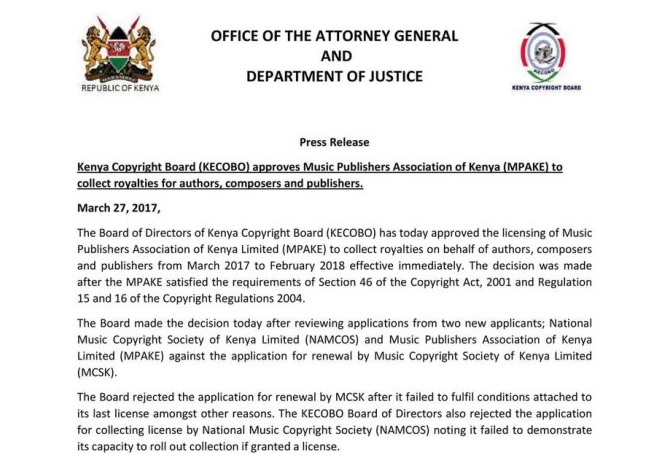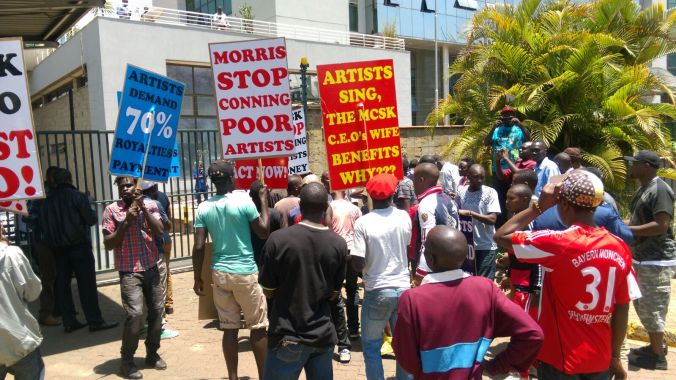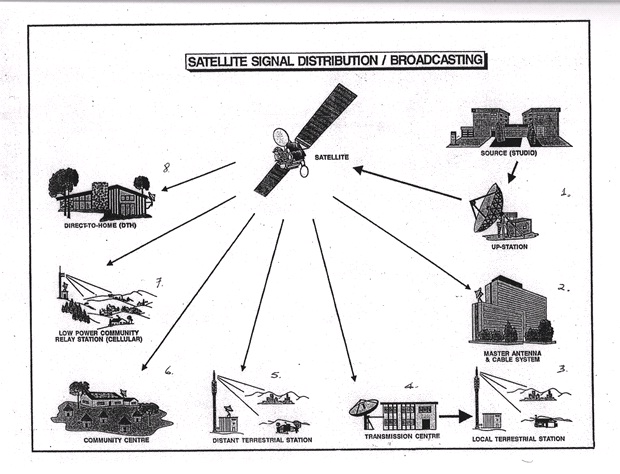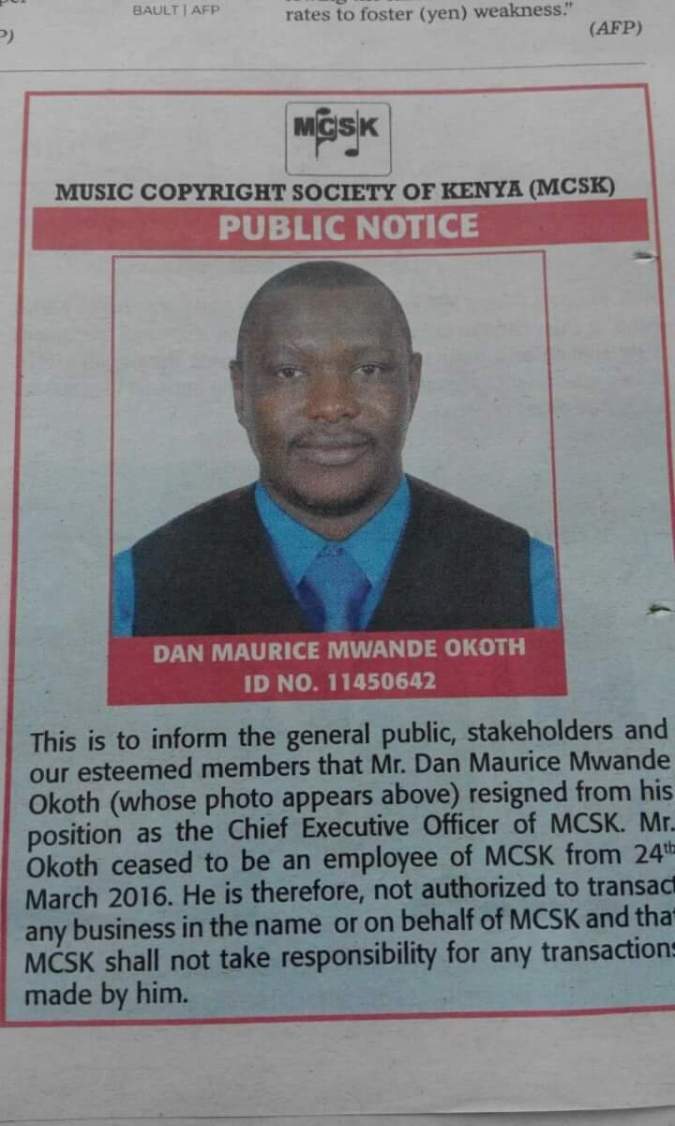
Endless wrangles in Kenya’s collective management system have made us all experts in copyright law. The thorny question of how and to what extent key players in the collective administration of copyright and related rights must comply with the Constitution remains a hotly debated topic. This brings us to a recent judgment by the High Court in the case of Laban Toto Juma & 4 Others v. Kenya Copyright Board & 2 Others Consolidated Kakamega Petition No. 3B of 2017 delivered on 13 July 2018. A copy of this High Court judgment is available here. Not surprisingly, both sides in this see-saw legal battle are claiming victory following the court’s final verdict. So, this blogpost will attempt to examine the key issues tackled by the court in its judgment as well as some of the questions that have been left unanswered.






